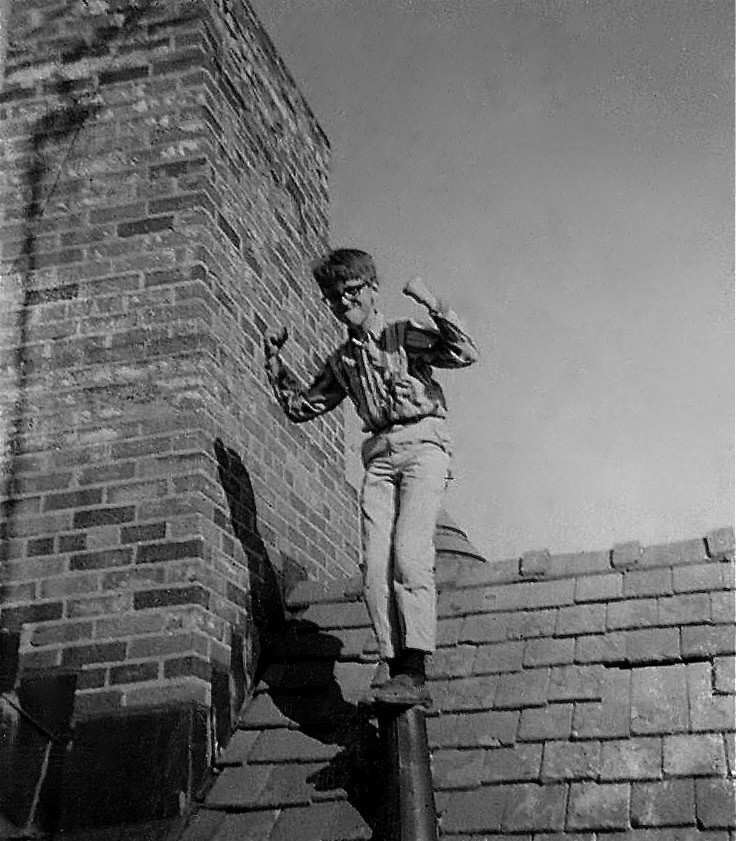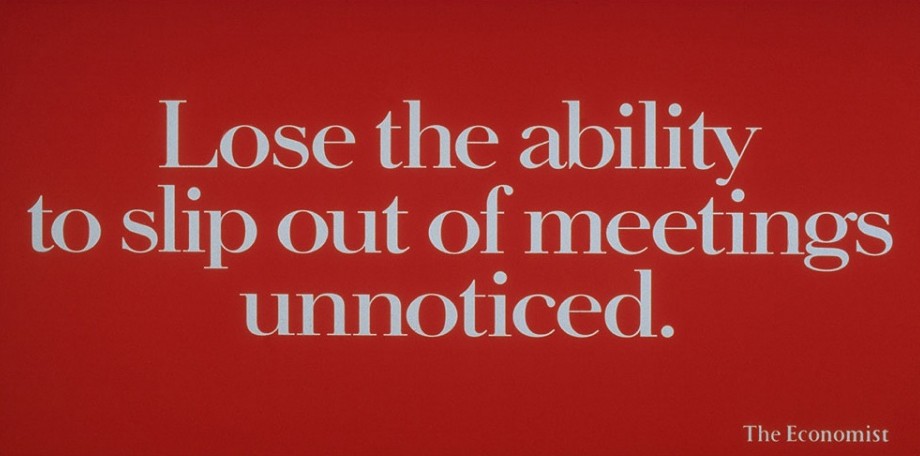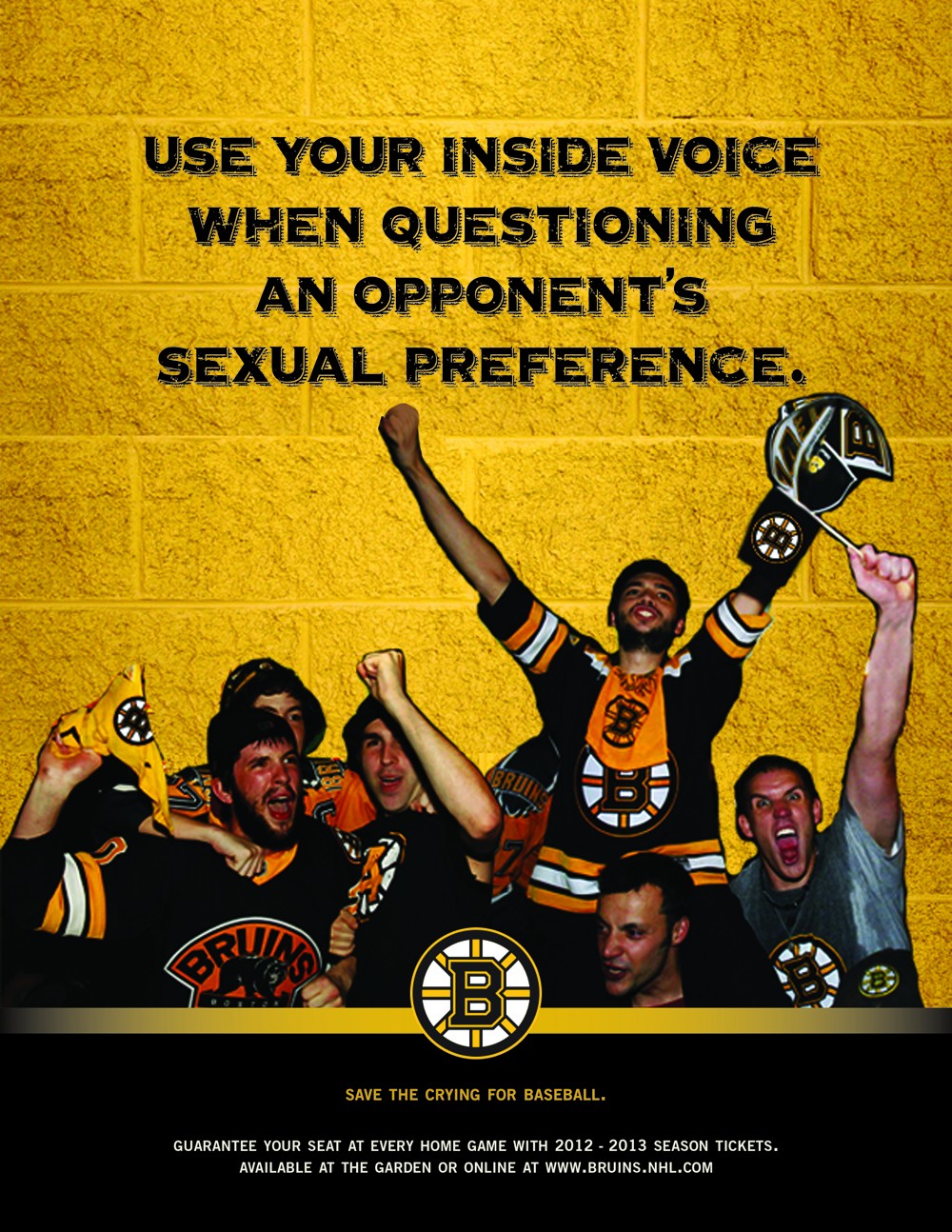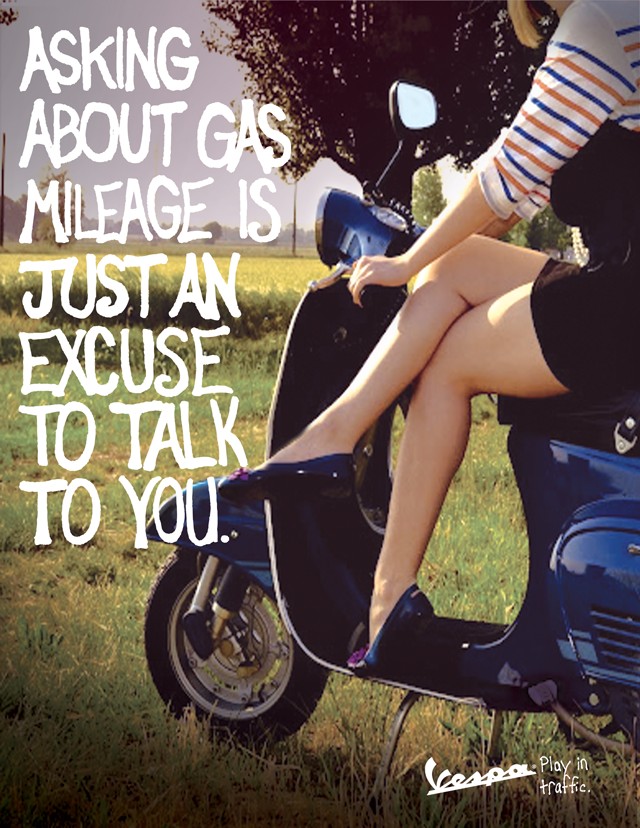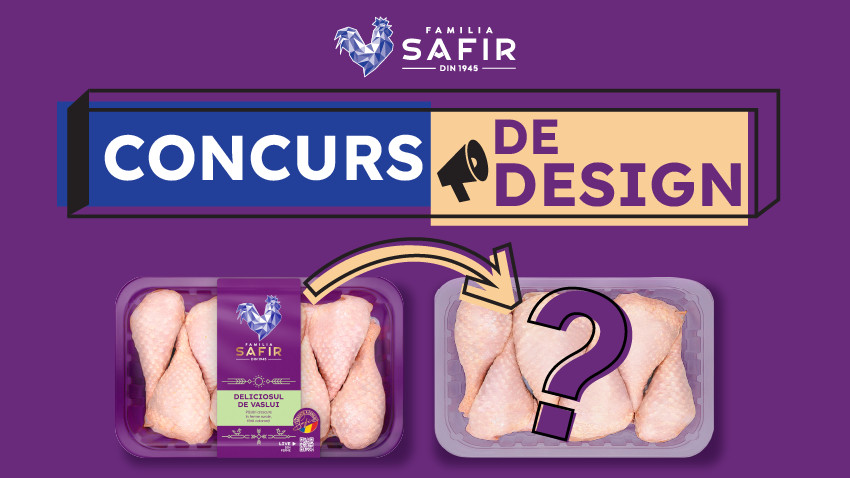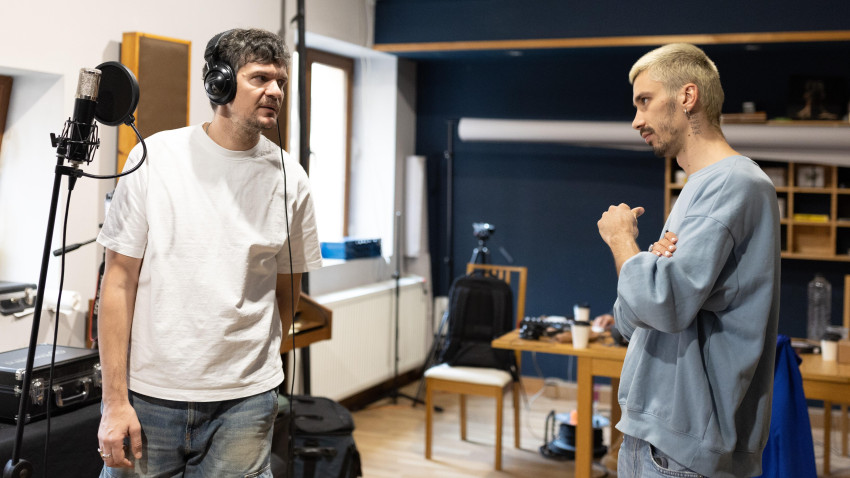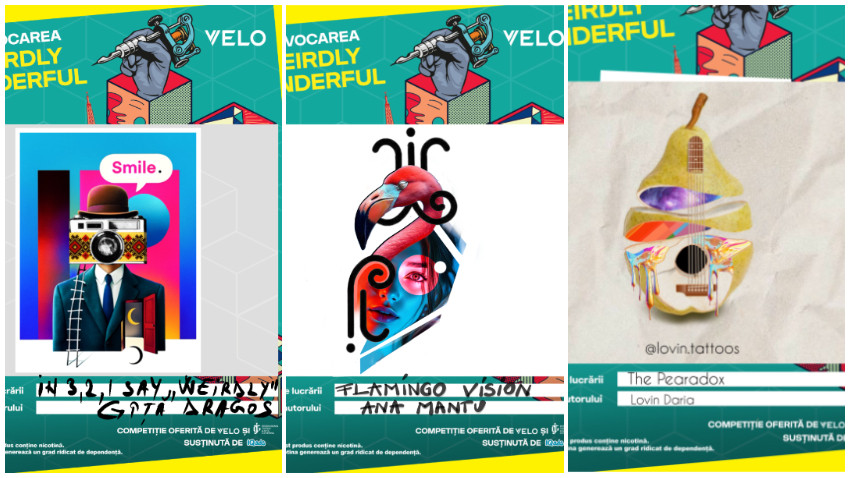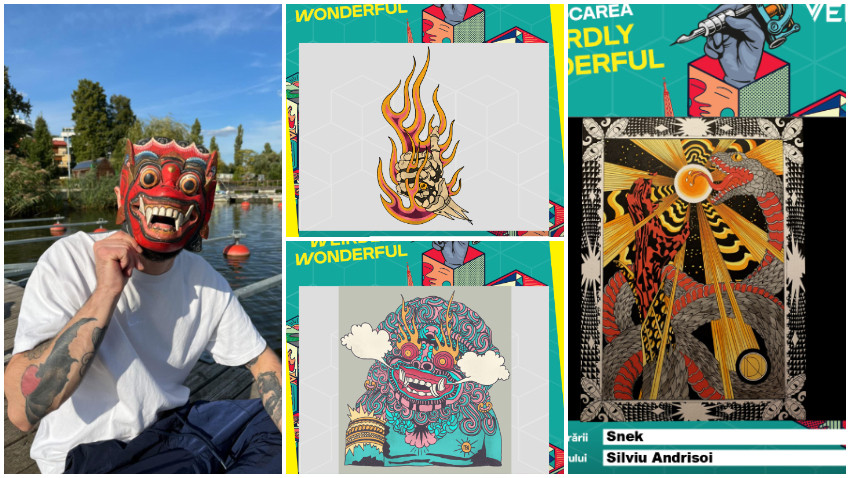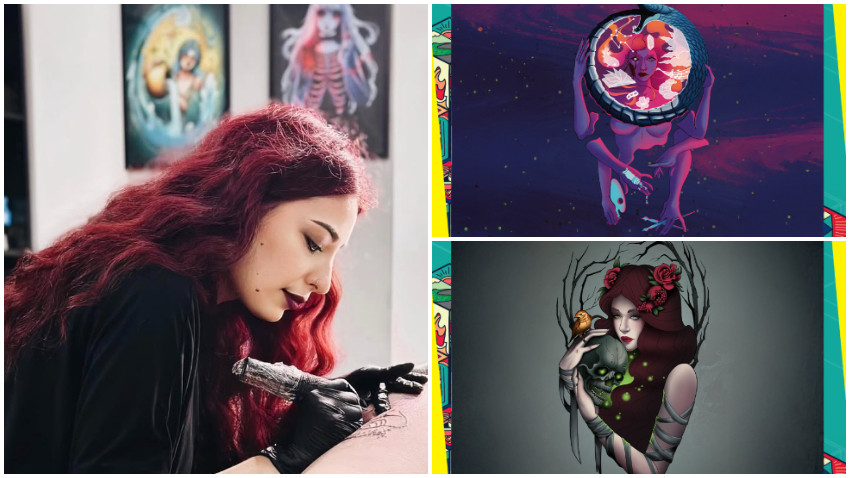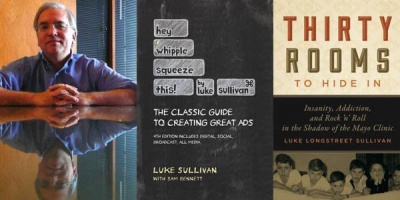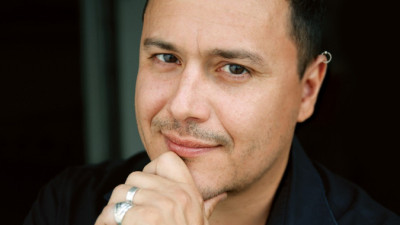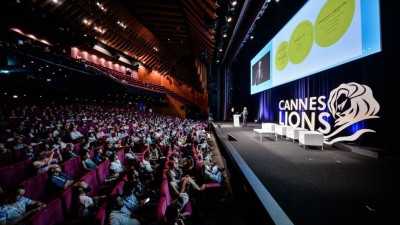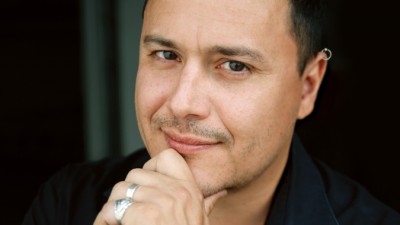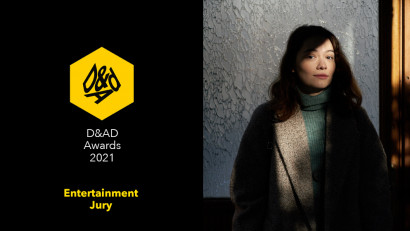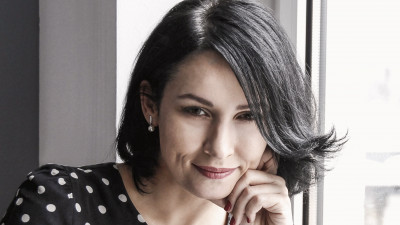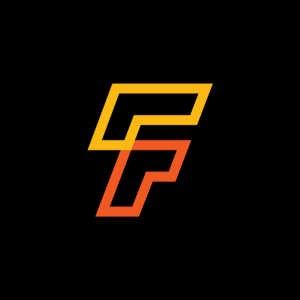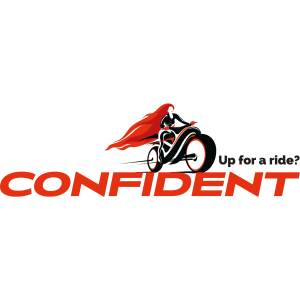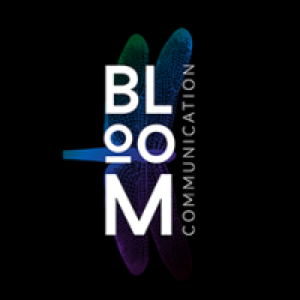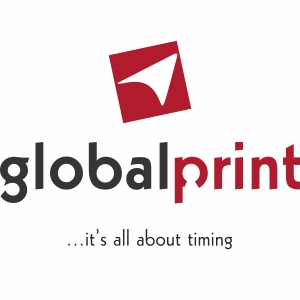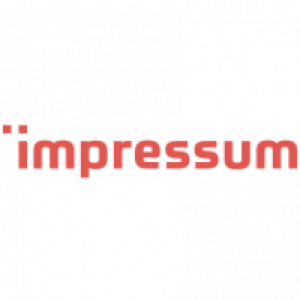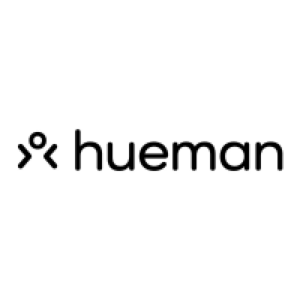Expect to see changes after talking to a brilliant media man. Expect to be intimidated by the smart things he says, expect them to make you think you will never, not in a million years, match the level of his skills and that you have entered an industry where you have no chance whatsoever of being great. Expect all these things and you will find yourself even more inspired after reading this, a conversation that will actually help you discover that you already have everything it takes to make ads that will still do you proud years after creating them.
Luke Sullivan is included in the Business Insider's top of the most influential marketing people today. Accumulating over 30 years of experience in the industry, he has worked for agencies such as The Martin Agency, Fallon, WestWayne and GSD&M and won awards at all the major advertising competitions, including D&AD, One Show and Cannes Lions. In 1998 he released the first edition of Hey Whipple, Squeeze This A guide to making exceptional ads (the official Romanian translation: Hei, Whipple, incearca asta - Un ghid pentru a crea reclame de exceptie), included in the bibliography of every adman and considered a Bible in the field. Now at the 4th edition, Hey Whipple was included in the Ad Age top of the most important media and marketing books of all times. Last year, Luke Sullivan gave up his agency job and started teaching, becoming the Chair of the Advertising Department at the Savannah College of Art and Design. He continues to write about advertising on his blog and his Twitter account and he holds conferences that have an important merit: they don't suck.
After reading something by Luke Sullivan expect the urge to sign out of Facebook and open a book or an e-reader instead and go through tons of volumes, not only a few pages. Expect to sort out the rambling ideas that were going through your head, to feel the need to cross out three quarters of what you previously wrote, to stop talking and start listening, to feel like succeeding is hard but not impossible. Expect the desire to ask more from your work, to go that extra mile.
I grew up on the streets of… nope, not even the streets of, but the back roads of Rochester, Minnesota. My dad was a surgeon at the Mayo Clinic in Rochester, Minnesota. Oh, have I mentioned yet that my second book just came out? It's the perfect answer to this question because it is a memoir: Thirty Rooms To Hide In: Insanity, Addiction, and Rock 'n' Roll in the Shadow of the Mayo Clinic. Oh, I have mentioned it then? Good. Didn't want to not mention it. My new book, that is.
As a child, I dreamed of becoming Steve Ditko or Jack Kirby, the famous artists who brought Marvel Comics to life. Them, or the Beatles.
(Just checking. I did mention my new book, right? The Thirty Rooms one? I did? Okay, sorry. Proceed.)
This picture of me being Superman was taken in August '65 on top of the great house I describe in Thirty Rooms To Hide In. (And for those interested, there are more family photos and movies at the book's official site, http://thirtyroomstohidein.com).
The craziest thing I did in highschool is that I wrote, printed and distributed a small book calculated to tick the school officials off. Titled "Student's Guide to Better Skipping, Smoking, and General Misconduct". It worked. We had this Nazi named Thatcher who called me into his office to yell at me about the book. If I called a kid in today about somethin' like this, I'd be upset if, like, the layouts were crap, or there was too much kerning or something.
In college I was the guy who thought it might be a cool idea if we called the dorm elevator up to the 9th floor, and then ran up to the 10th floor and forced the doors open, hop on the top of the car and go "ride the 'vators." Oh, my poor mother.
Being a stand up comedian about a year and a half in 1981 helped me learn how to present. I can think of no better preparation for pitching work to clients than doing stand-up. You have just the microphone and the curtain behind you to tell a story and make people laugh hard enough to remember you. You can't fake it. You can't have a second try at it. You just gotta go out there and kill. Does wonders for your confidence.
I decided I wanted to work in advertising when I was going through all these old school papers and things my Mom had saved for me. They were all drawings and stories, drawings and stories, and I thought, man, what else is like that? I knew right then.
My current relationship status with advertising: We are seeing other people now. I am now the Chair of the Ad Dept at the Savannah College of Art & Design. This gives me the opportunity to concentrate on helping others get into the same business I've had so much fun in all these years.
Not working in an ad agency anymore makes me breath a deep sigh of relief. I don't have to worry whether I'm going to come up with the big idea before 9am tomorrow. I don't have to worry whether a client is going to take its account into review. But I still have worries. Like, whether or not the kids in my class are really getting it, or just seem to be getting it. But it is nowhere near as bad a worry.
What is great about working in advertising is that I got to work with the funniest, smartest people in America. I never had the same day twice. And I never had to pick up something heavy here and carry it over there and put it down.
I like to fish insights from anywhere but work. I used to have to take the train from Richmond to Philly. Loved sitting in the dining car, my writing pad open, and watching the fall colors whip past the window.
That second book started off in the year 1992, mostly as a family project. A project that provided a snapshot of my family during those terrible years when my father was insane. I was just going to gather all the letters my mother had written to her grandfather, as well as all the diaries my brothers kept during those years and sort of turn it all into one big copy-heavy scrapbook. But as the project grew over the years (it took forever) I realized, wow, this is a heck of a story with all these letters and photos and diaries and so what if I just tried writing the story instead of pasting its pieces together.
Is there anything in Hey Whipple, Squeeze This with which I would not agree anymore with what I've said? Well, I appreciate you giving me an out like that, but I've had the opportunity to refresh it through 4 editions. I wasn't ready to tackle the digital revolution until I could at least talk about it intelligently, if not fluently. I almost started writing about it in the third edition, put if off. Then I realized, dude, you're never gonna be an expert in this stuff. It changes way too fast to think that you can put some definitive piece into a paper-based book that's reprinted every 4 years. So, I took the summer off in 2011 and just sorta wailed on it. Every chapter was scrubbed and rewritten with digital in mind. Most of the examples in the book were updated. And Chapters 5 and 6 are where I focused hardest. I still kinda dig my title for Chapter 5: "Concepting for the Hive Mind". Yeah, the 4th edition is the one to get; has the grey-ish cover. It's also available as an iBook and for that platform I made sure the cool examples mentioned in the text were linked. So if you wanna see a famous TV spot, click, and you're watchin' it. It doesn't suck.
I believe that digital changed advertising completely and totally. There is no more digital revolution. It is over and digital won.
The most rewarding moment in my career was when I refused to work on a tobacco account.
I feel most frustrated when I can't get a great idea out of the agency. That means you have traitors inside the castle walls. Ads are supposed to die valiantly in battle with the client out in front of the castle walls; not get a shiv between the ribs in the wine cellar.
My best sources of inspiration are reading, movies, and TV. But mostly reading.
When I'm online, I am always checking The Onion. I think it is the funniest print being written these days. I always check out the new trailers on the appletrailers page. I update my blog. I like to see all the cool stuff my friends have posted on Facebook. I like Tweetdeck because I can use it as a weather post to see what people are talking about, as well as a sign post – to point people to other cool sites, or my blog.
The reason I have a blog is that I'm a writer. And writers ought to be writing. If you're not writing, well, then you're not a writer. Right?
The best piece of advice I ever received from someone in the industry is "Start from where you are." That actually came from a speech by author Anne Lamott. It's advice I now give to people who are overwhelmed by the size of a campaign they have to do. I liked the advice so much, I devoted a blog entry to it.
More than talent, creatives should have curiosity and outside interests. Oh, and not be a douche-bag. I'm leery of hiring kids who have no outside interests. To not be passionately interested in something outside of your stupid job? That's just creepy. Curiosity is also a must. If you're not innately curious, why did you even get out of bed this morning? Don't you wanna know where the digital economy is headed? Don't you ever wonder why we only see one side of the moon and never the other? You know how they say never to go grocery shopping when you're hungry? Because you'll buy everything? I feel the same way about going to book stores. Because I'm goin' in stupid and there is so much in there I gotta know about. And lastly, don't be a douche-bag. Nobody good will want to work with you and you'll soon find yourself starring in the movie "The Lone Douch-Bag".
I think a great speech should be equal parts substance and entertainment. If it's all substance, well, it may not suck but it'll be more of a lecture, won't it? And if it is all entertainment, well, then you've just wasted an audience's time doing stand-up. I work very very hard to make sure my speeches don't suck. When people book me, they know they're getting more than just some ad dinosaur who's gonna show slides of his 14th century portfolio. I work very hard to stay current (hey, when you teach, you have to) and I work hard to make sure the material is presented in a way that's either really funny or just "Oh, wow, I never thought of it that way".
My advice to all the juniors who want to create great advertising is study the masters. Read all the awards books. Study the working masters, too. Read all the best advertising sites (the best of which is, according to some – me – heywhipple.com). Read all the great books out there on advertising. There aren't many and I listed my favorite 30 or so in the back of Hey Whipple. For juniors, there is no better book out there than Vonk & Estin's Pick me: Breaking Into Advertising and Staying There. And lastly, for the first couple of years, listen waaay more than you talk.
Radio is my favorite medium. I think it is the very toughest one to work in. So I am doubly pleased to have my favorite career-long work be a radio campaign for a technical school in Minneapolis called Dunwoody Technical Institute. It was one of those small break-even clients we occasionally did at Fallon.
A good headline is 'Lose the ability to slip out of meetings unnoticed' (The Economist).
Let me show you two print ads from my students.
I love the print ad for the Boston Bruins done by one of my SCAD student's Ariel Heinnman. I like it because she wrote it and she's an art director. The great creatives can always do both. I like how she uses the phrase "inside voice." Such a nice matronly thought to appear in an ad as mean as this. I like how politically incorrect it is. And though you can't see it, I like the whole idea behind her campaign which is "Save The Crying For Baseball".
I love the Vespa ads from my student Nicole Corely. She's a writer (and just landed a job at GSD&M). I loved her Vespa campaign for the headlines but she also did a pretty good job art directing, considering she's a writer. I like how she cropped out the face of the person in the Vespa. Makes it easier for the reader to sort of put herself in the picture. My fave headline from this campaign was based on a truth and went something like "No One Ever Pulls Up Next to a Buick and Asks to Take a Picture". I may be butchering that line, but the truth is still there.
In Hey Whipple, I described some of the common horrible clients you're all likely to meet out there during your career. Let's see, there's the Meat Puppet, the skinny little product manager who runs on fear and kills everything. There's a place called Pablum Park, where they don't really have anything to advertise but want to look at some advertising anyway. There's the Bully, any mean-spirited MBA who is certain he is right. And then there's any agency or client that has one of those huge research machines in the basement, the worst being the one called the Koncept Krusher 2000. Those are just the main ones of the Bad Client Ecosystem. In the end, the ones I had the worst time with were those who were dishonest.
The best clients are the ones that have a good product and want to make money with it, realize they are not the communication experts and so rely on your judgement. Also, I love clients who are just delightful people. I mean, come on, this is just advertising we're talking about here. Can't we all have fun while we work on this stuff? Clients like these are the ones I worked hardest for. Partly because if I failed, damn, it's because I failed. There was no client to blame it on.


![[AdStory] Luke Sullivan: If you’re not innately curious, why did you even get out of bed this morning?](https://media.iqads.ro/2013/01/photo-large-24958-cover-850.jpg?v=201806270108)
